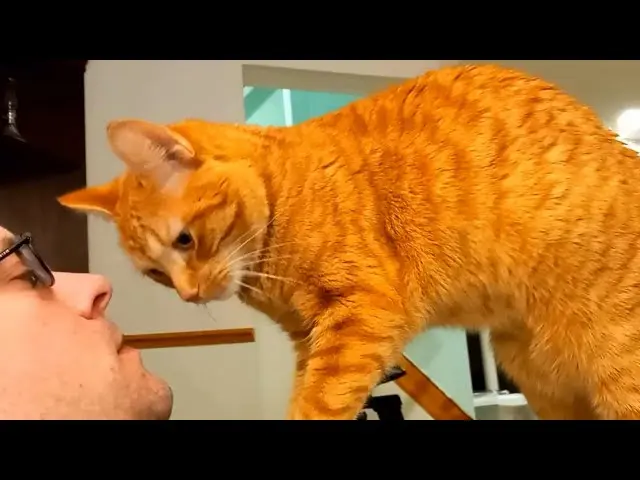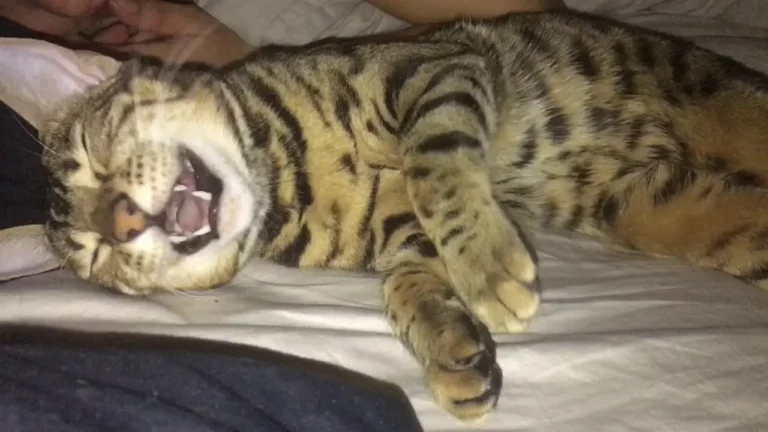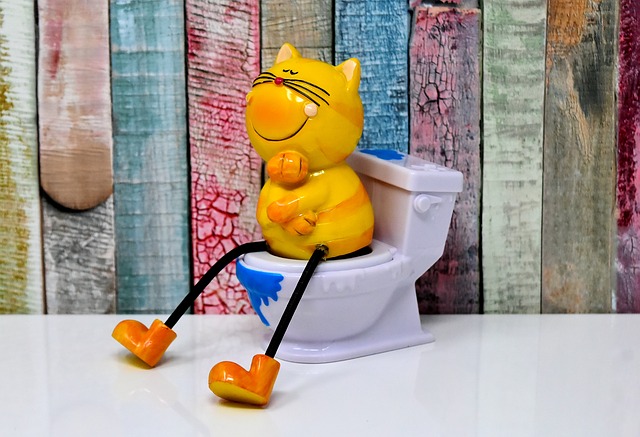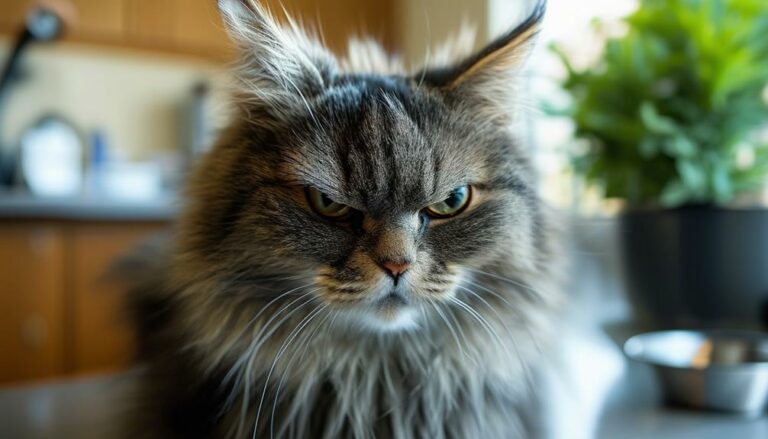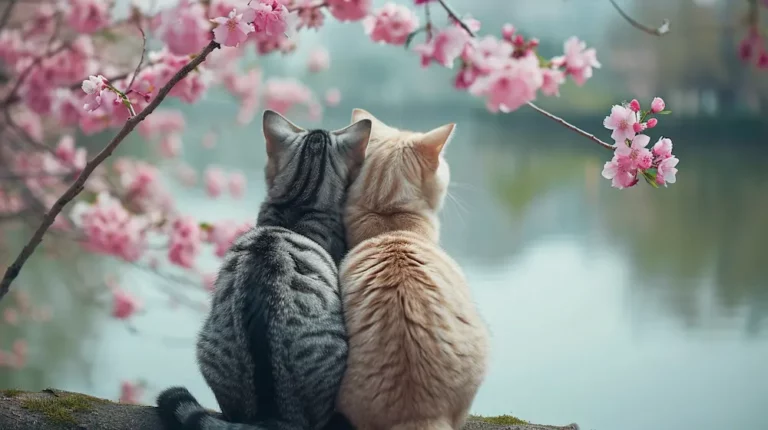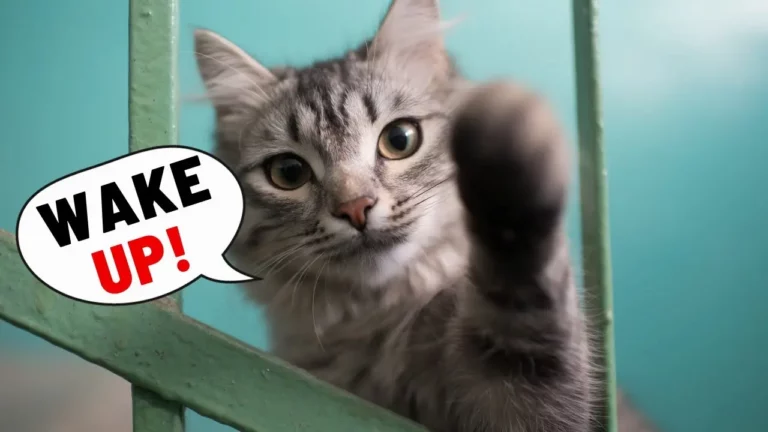Why Cats Headbutt, And Should You Headbutt Them Back?
Have you ever wondered why your
This behavior, known as headbutting or bunting, isn’t just a random act; it’s a complex form of communication that signifies trust and affection.
Cats use their scent glands to mark you as part of their territory, creating a sense of belonging and security.
But should you reciprocate this gesture by headbutting them back? Before you try, consider the differences in our skull structures and the best ways to return their affection.
Let’s explore what your
Reasons Cats Headbutt
Cats headbutt for several reasons, primarily to mark their territory and show affection.
When your
This act leaves behind pheromones that signify you’re part of their territory.
It’s a
Another key reason cats headbutt is to show affection. It’s similar to how humans hug or hold hands.
When your
This behavior usually occurs when your
Headbutting can also be a way for cats to seek attention or ask for interaction.
If your
Pay attention to the context and other body language cues to understand what your
Recognizing these reasons behind headbutting will help you respond appropriately and strengthen your bond with your beloved pet.
Emotional and Social Significance
Through their headbutting behavior, your
When your
This action is rich with affectionate meaning, as it signifies trust and comfort.
Your
By headbutting, they’re leaving behind their scent, essentially saying, ‘You’re part of my family.’
This behavior isn’t limited to interactions with humans; cats also headbutt fellow cats and even other pets they trust.
It’s a way to strengthen social connections and establish a sense of community within their environment.
When your
This gesture can be seen as a compliment, indicating that your
Moreover, headbutting can help reduce their stress levels, creating a calming effect.
The act releases endorphins, which contribute to a sense of well-being. So, when your
Should You Headbutt Back?
While understanding the emotional significance behind your
Your
Instead, there are other ways to respond that can foster the same affectionate bond.
Gently leaning your forehead towards your
You can also use your hand to gently stroke their head or cheeks, which can mimic the feel of a headbutt and convey your affection.
Pay attention to their body language; a relaxed posture and purring typically indicate they’re enjoying the interaction.
Additionally, talking softly to your
Cats respond well to soothing voices, and this can further strengthen your connection.
Conclusion
Understanding why cats headbutt helps you appreciate their way of showing affection and marking territory.
It’s best not to headbutt them back because their skulls are more resilient than yours.
Instead, you can lean your forehead towards them or gently stroke their head or cheeks.
These actions will foster a strong bond and show your
By responding appropriately, you’ll deepen your connection and guarantee your
